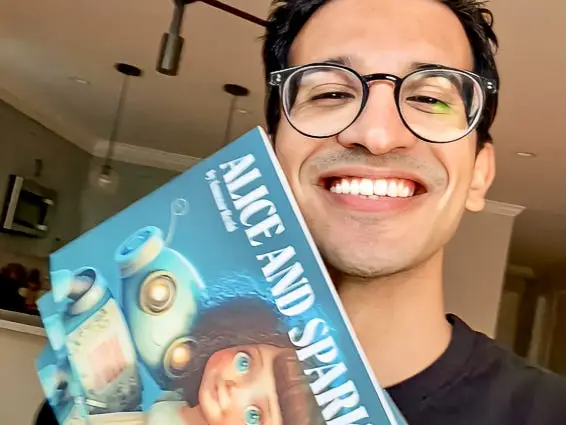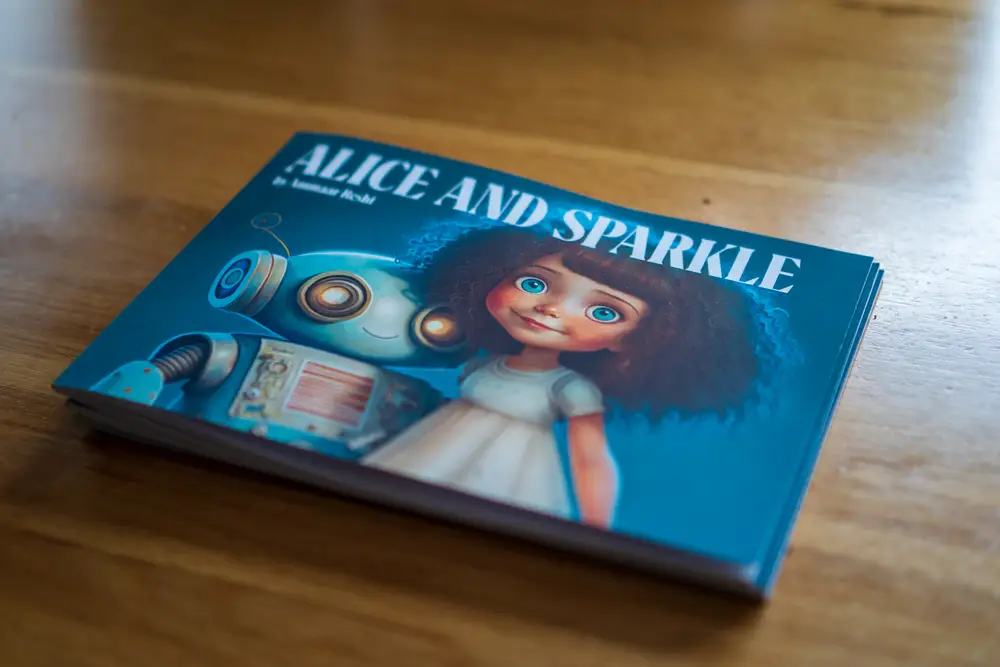Ammaar Reshi was experimenting with ChatGPT, an AI-powered chatbot from OpenAI when he began to consider how artificial intelligence could be used to create a basic children’s book to give to his friends. Without ever picking up a pen and paper, he created a 12-page picture book.
Just 72 hours later, Reshi self-published his book on Amazon’s digital bookstore. The next day he had his hands on the paperback, which was made available for free through another Amazon service called KPD. Alice and Sparkle were supposed to be a present for his friend’s children. Ammar Reshi said he paid nothing to have the book created and published, although he has already paid for a $30-per-month Midway subscription. Impressed by the speed and results of his project, Reshi shared the experience in a Twitter thread that attracted more than 2,000 comments and 5,800 retweets.

Reshi stated that he received great feedback from users, who applauded his ingenuity at first. But the next day, the replies were poisonous. “There was this incredibly passionate reaction,” Reshi said. “At 4 am, I was woken up by my phone exploding every two minutes with a new tweet saying things like “You’re a scumbag” and “We hate you.”
Reshi was taken aback by the outpouring of emotion in response to what was supposed to be a present for some friends’ children. He didn’t realize he’d landed in the heart of a much broader dispute until he started going through them.
Some artists have expressed concern that AI art generators are stealing their work in response to Reshi’s book. Some artists claim that their work has been exploited without their permission to train AI picture generators such as Midjourney. Artist names can be entered as suggestions for users to make art in their style.
“I wouldn’t even call myself an author,” he said. “The AI is essentially the ghostwriter, and the other AI is the illustrator.” But he thought the process was creative. He said he spent hours tweaking the prompts in Midjourney to achieve consistent illustrations.

Ammaar Reshi, 28, has been fascinated by technology since he was a child. “I was always curious, and my dad let me play with his computer when I was 5 years old,” he said. He grew up in Pakistan before his family moved to the UK, where Reshi studied computer science in London. A job at Palantir Technologies led Reshi to Palo Alto, California, and since 2020 he’s worked at the fintech company Brex, where he’s now a design manager.


